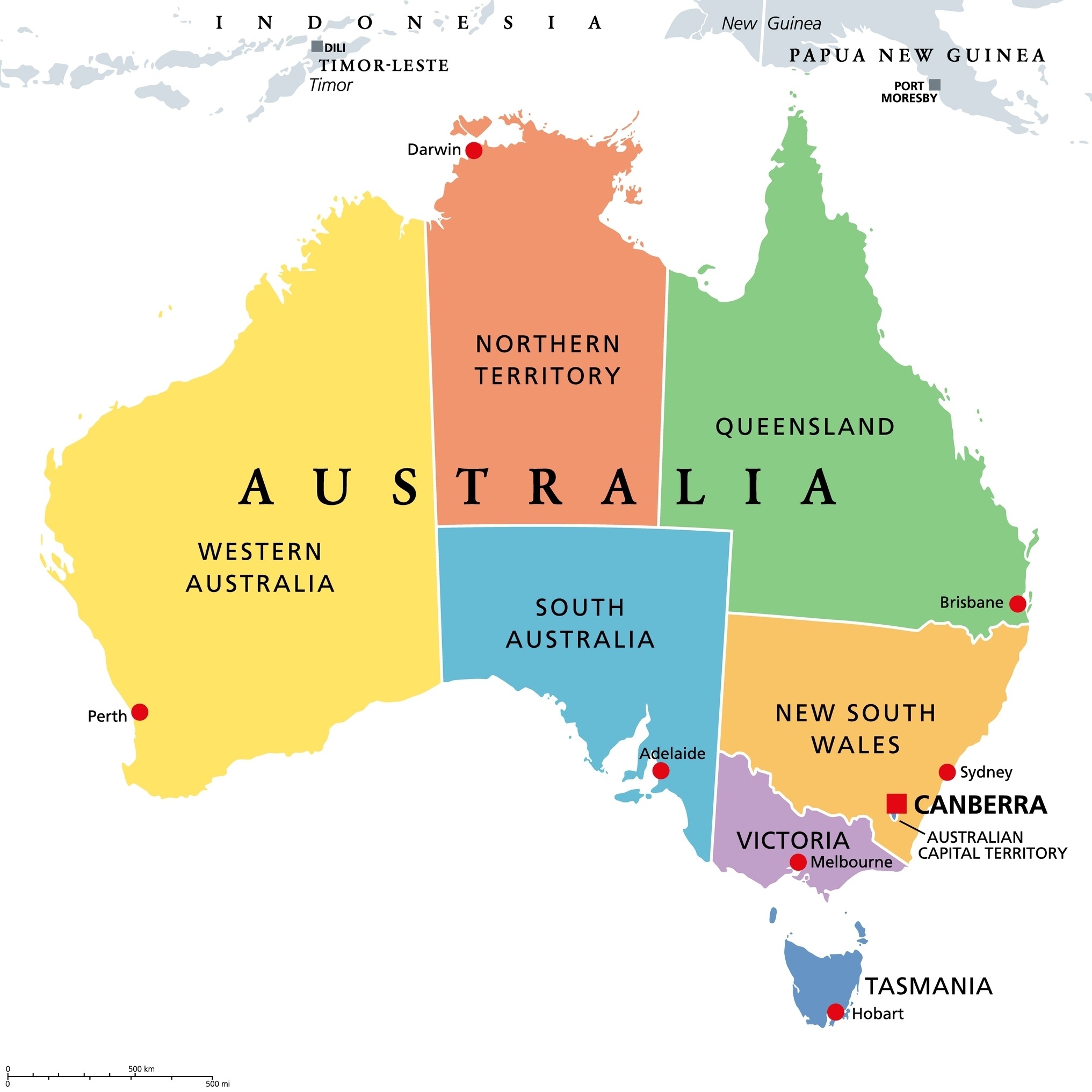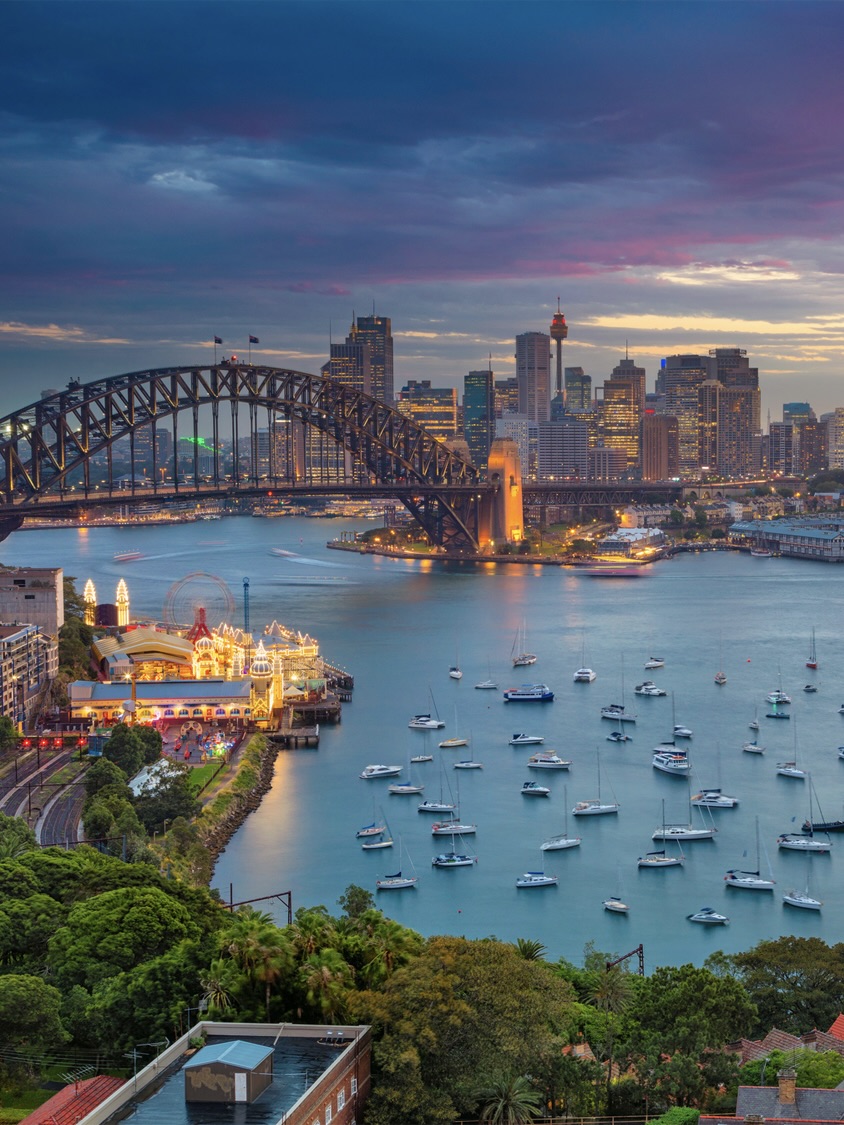
Why Teach in Australia?
People from across the world have been making their way to Australia for hundreds of years – some sent by the courts, others by curiosity. What once was a colony for convicts has grown into one of the most sought-after countries for those wanting a fresh start, better weather, and a more enthusiastic approach to barbecues.
Today, teaching in Australia remains one of the best options for qualified educators. It’s a country of wild coastlines and red deserts, rainforests and reefs, beach cities and outback towns – life happens outdoors. Even in the cities, things feel open – morning swims, evening walks, coffee under the sun. People are friendly, the air feels lighter, and the pace of life just feels right.
Then there’s the art, food, music, and sport – plenty to dive into. But what really stays with people is the everyday magic and wonderful locals – sunset dinners on the balcony with friends, bright winter walks under blue skies, and the feeling that your time is truly your own.
Teaching in Australia is your way in, for British teachers and those from further afield. With strong salaries and a real demand for teachers, it’s not just a job – it’s a lifestyle shift, a chance to do meaningful work in a place that offers more. To apply, you’ll need Teaching Degree with a Qualified Teacher Status (QTS) or an equivalent teaching qualification. If you’ve ever wondered what it’s like to really live abroad – this is it.
Are you down for Down Under?
Cost of Living
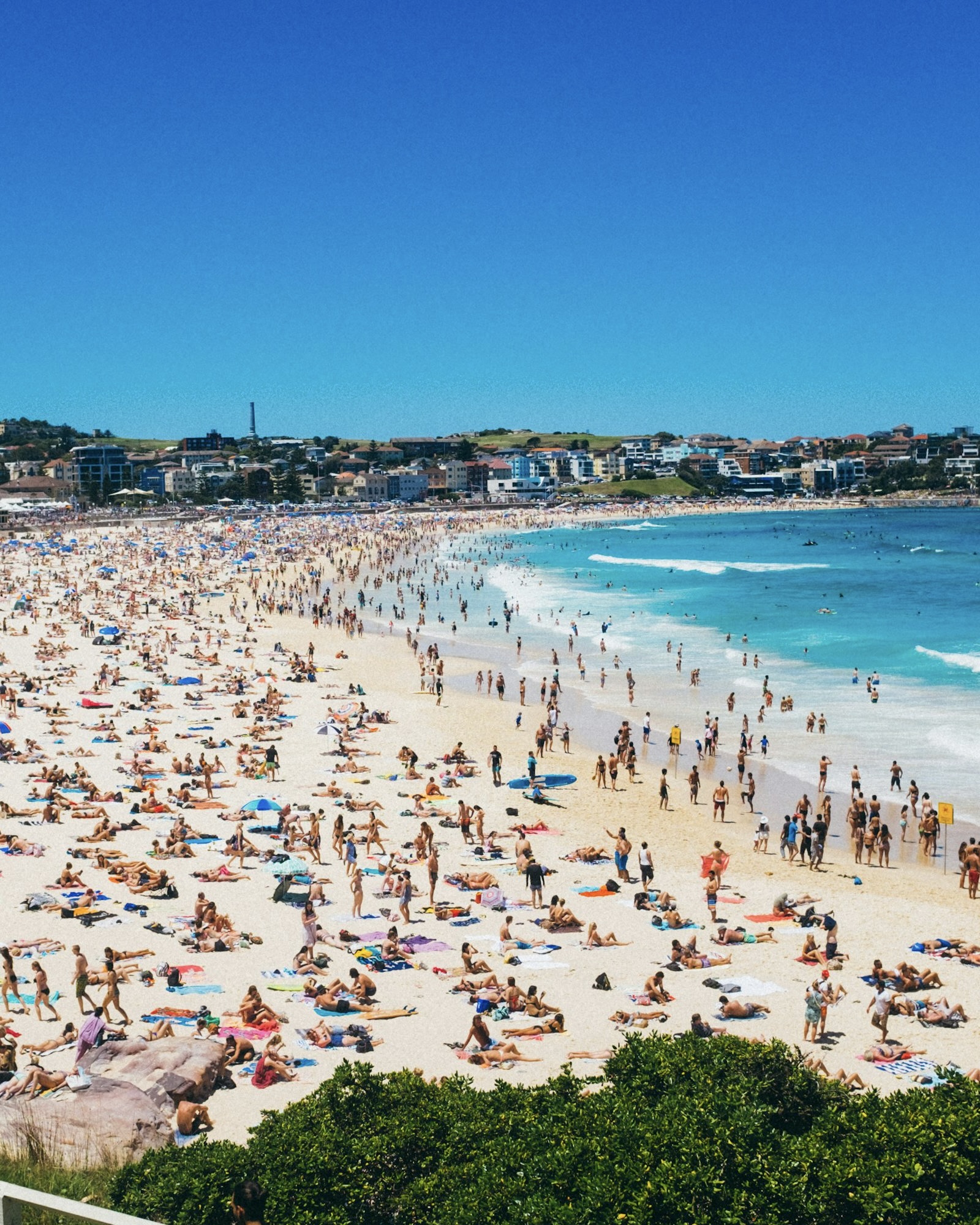
Salary

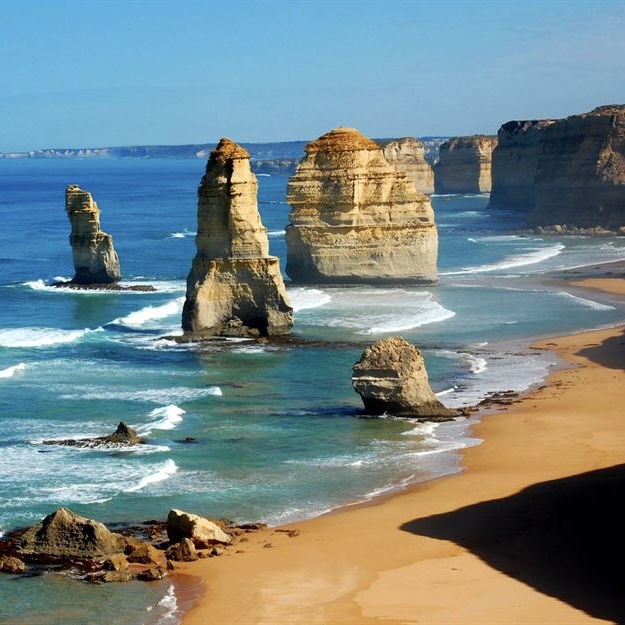

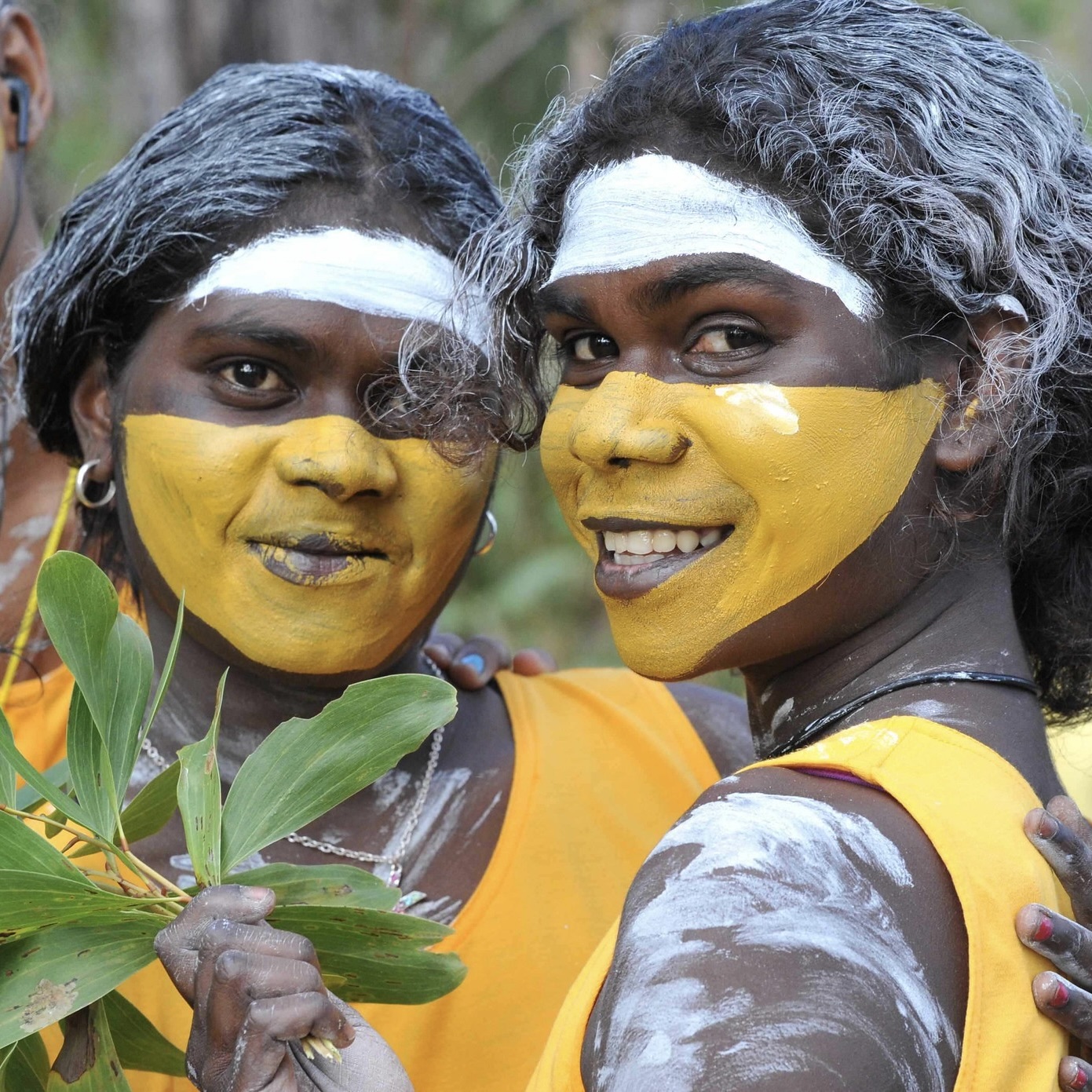
Is Teaching in Australia Right for You?
Teaching in Australia isn’t just one kind of experience – it’s many. Life in a city suburb looks very different from that in a remote desert town, but there’s a sense of openness everywhere: independence, balance, and a calm way of life. It’s a place where work matters, but so does everything else. If you value adventure and want to see how education works in a new setting, there’s arguably no better country than Australia.
The Australian schools we partner with vary – from faith-based to independent to state-run – but expectations are high in all of them. Teachers are trusted to take initiative, adapt quickly, and bring energy into the classroom. In return, you’ll find support, structure, and the chance to grow in environments that value relationships and resilience.
To apply, you must be qualified in your home country – for British teachers, that means holding a teaching degree with Qualified Teacher Status (QTS). Equivalent teaching qualifications are required for applicants from Ireland, the USA, and Canada. Some placements are long-term, while others are more flexible, but all require confidence and adaptability.
The teaching jobs in Australia we offer are for educators with experience, resilience, and a passion for their work. If that sounds like you – and you’re ready for a job that doubles as a lifestyle shift – Australia is waiting, and we’re ready to help you get there.
5 Things to Do in Australia

Explore the Great Barrier Reef
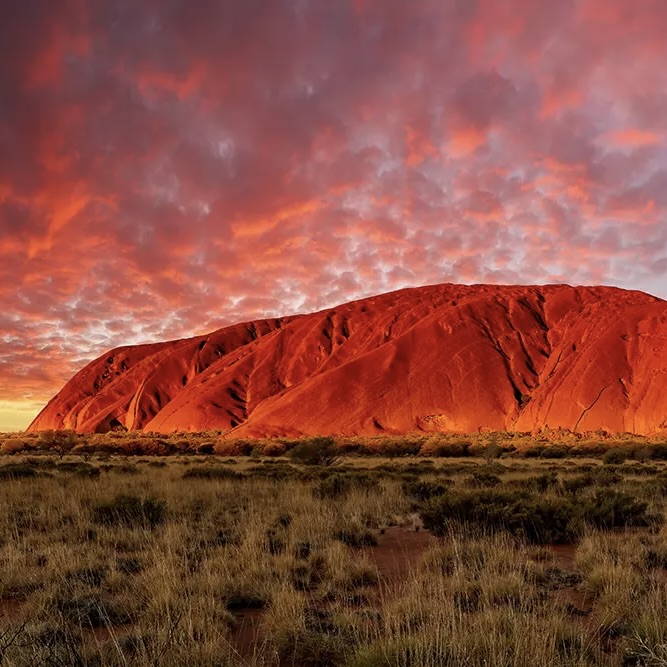
Marvel at Uluru at Sunset
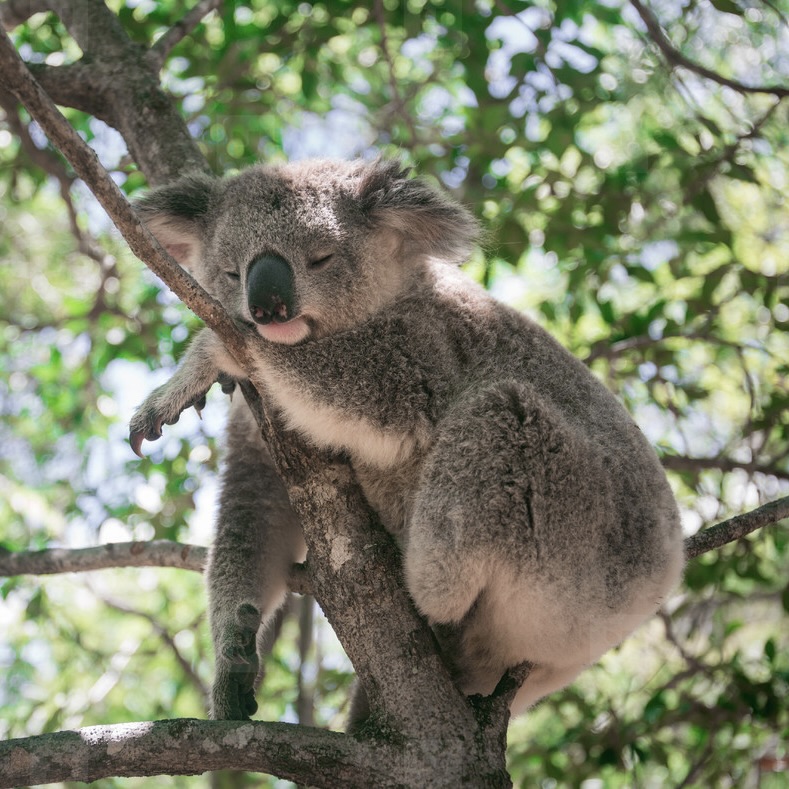
Experience Unique Wildlife
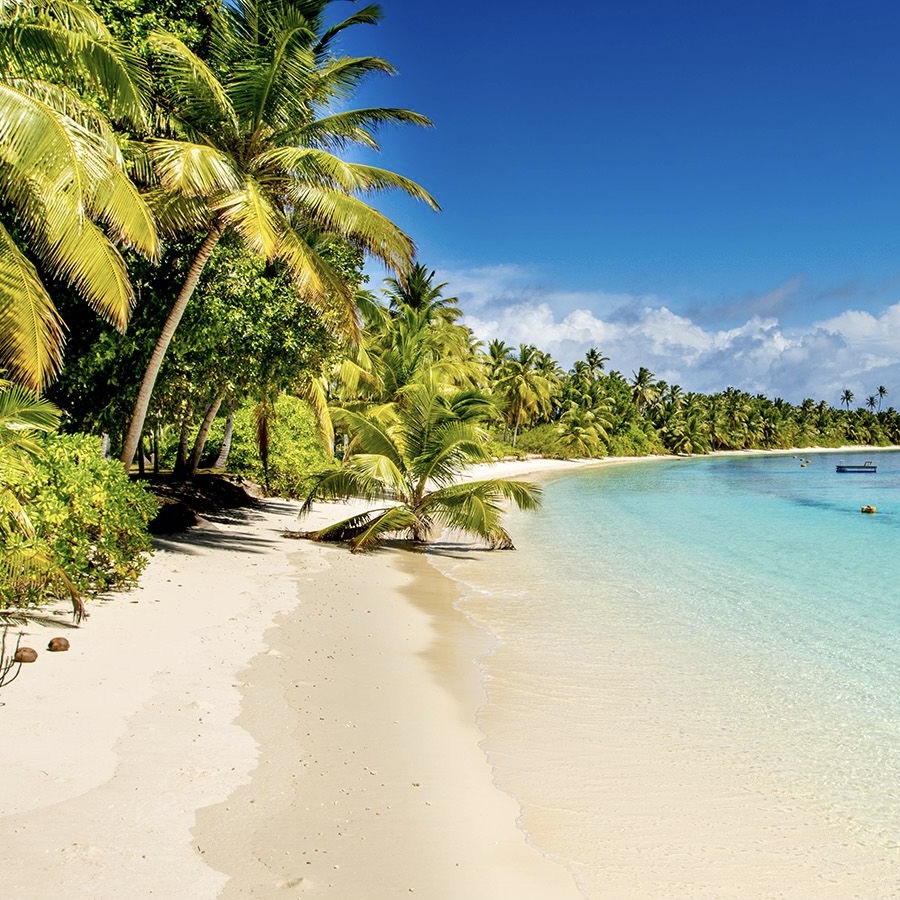
Enjoy Some Beach Therapy
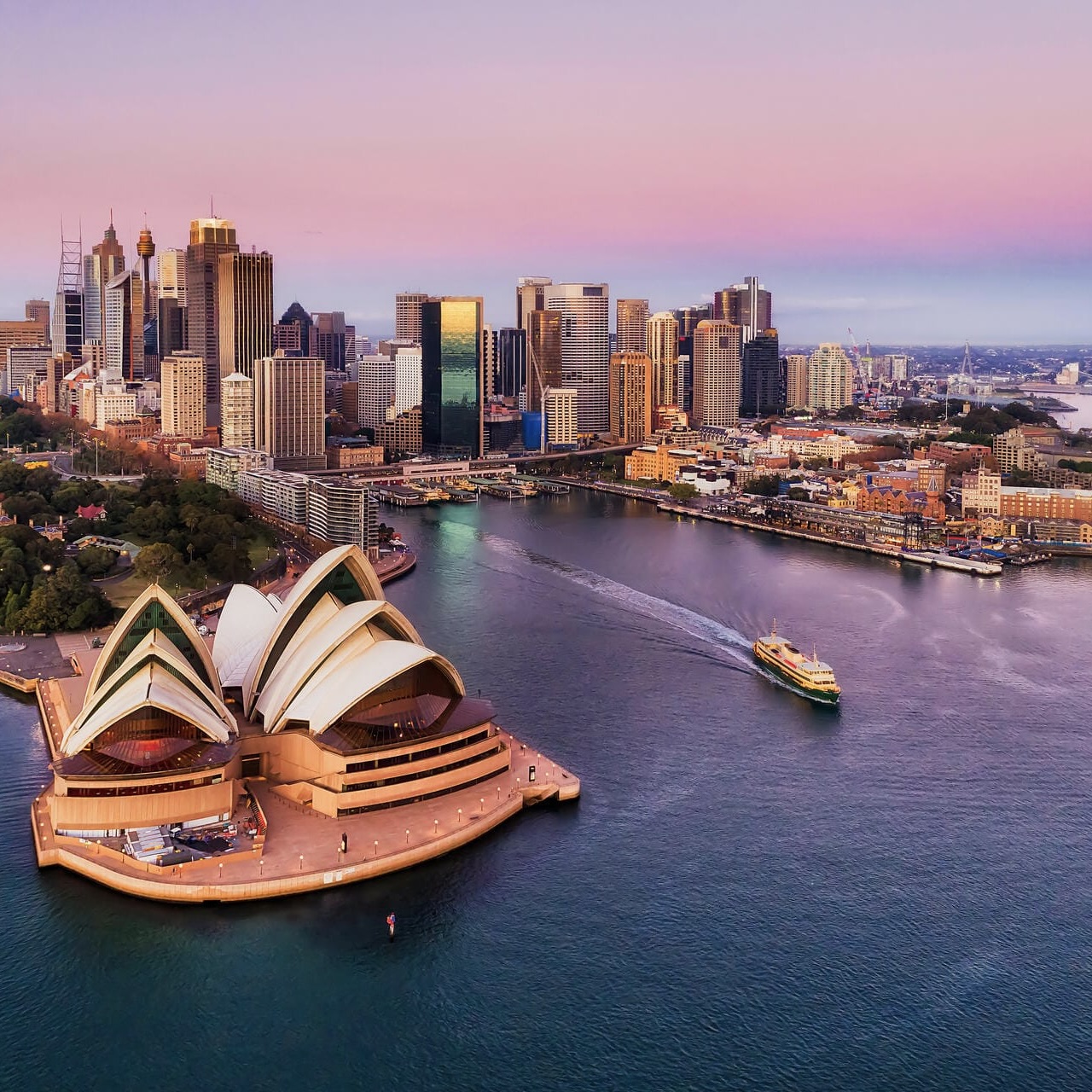
Get That Big City Buzz
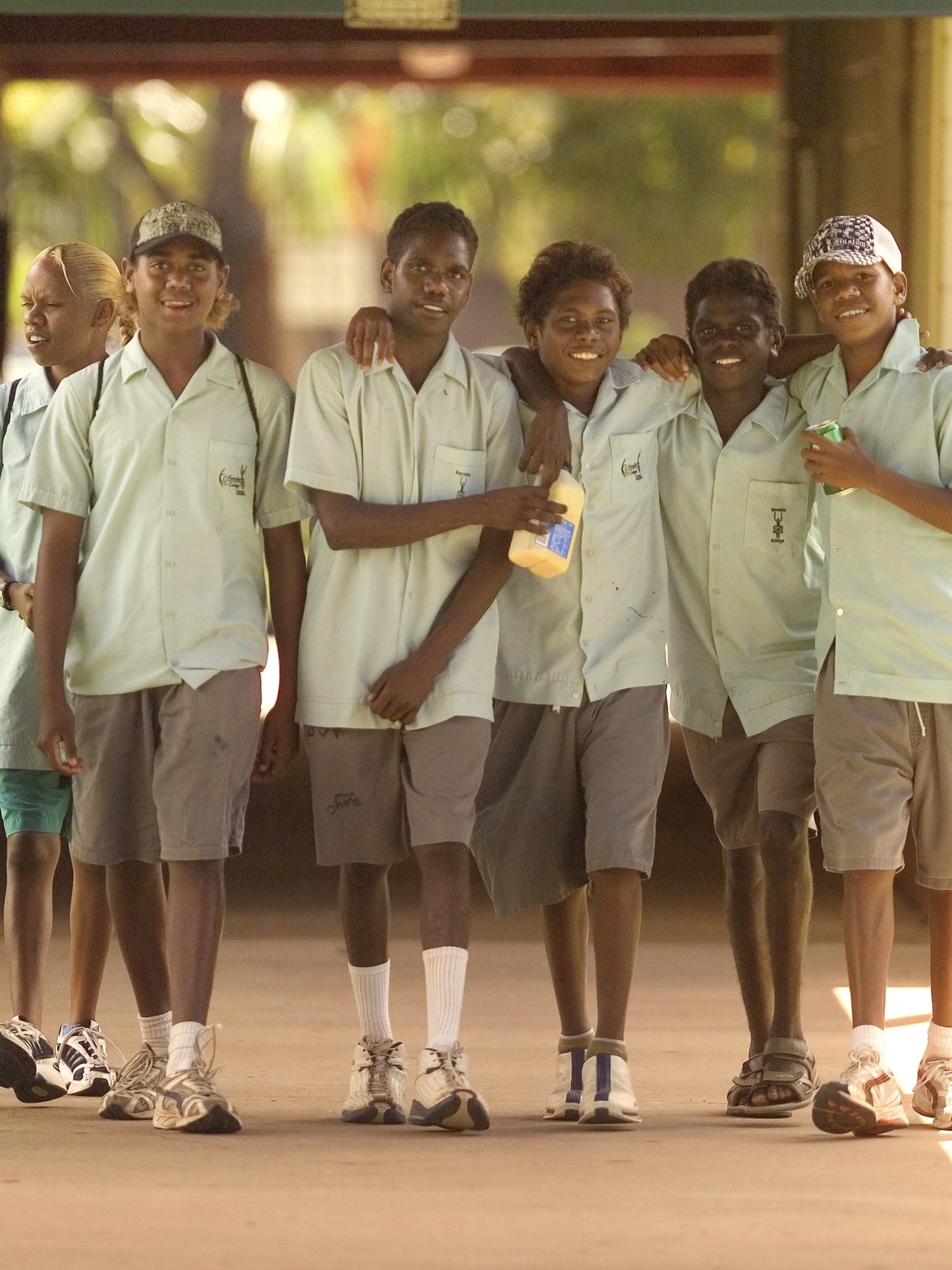
School Life for Teachers in Australia
Our partner schools across Australia offer a wide range of opportunities – from busy classrooms in major cities to smaller, close-knit schools in rural communities. Wherever you go as a teacher in Australia, the focus is on purposeful teaching, building real relationships, and making a lasting impact in the lives of students.
Most schools are state-funded or independent, and some in regional areas have a religious character. If applying to one of these, you may need to demonstrate that you practise the relevant faith. Not all schools are religious, but all expect high standards of professionalism, adaptability, and care.
Right now, there is strong demand for qualified teachers in Australia, particularly in English, maths, science, and design technology at secondary level. To apply, you’ll need to hold Qualified Teacher Status (QTS) and an education degree, or an equivalent qualification from your home country. Applicants from the UK, Ireland, USA, and Canada are especially encouraged to apply. Teachers from other countries may be considered if they have excellent English and meet visa and qualification requirements, including a strong score on the IELTS Academic exam.
Contracts vary depending on the school and location. Some positions run for the full academic year in one placement, while others may involve teaching in two different schools during the year. To apply, you’ll need to provide a recent police check (not a DBS), strong references, and be ready to start as early as January 2026 – though later start dates may also be possible for the right candidate.
3 Must Try Foods in Australia

Meat Pies
(flaky pastry filled with hearty beef)

Lamingtons
(sponge coated in chocolate and coconut)

Barbeque
(grilled meats, seafood, and cold beer)
Location and Climate
Australia is vast, diverse, and full of contrast. You’ll find tropical humidity in the north, desert heat in the centre, and four clear seasons in the south. Summers can be long and hot – perfect for beach days and barbecues – while winters in places like Melbourne and Adelaide are cooler, crisp, and often clear. In more remote regions, you’ll experience everything from red-dust landscapes to monsoon rains and dazzling skies packed with stars.
Despite its size, Australia is well connected. Domestic flights link even the most remote towns to major cities in a few hours, and regional trains and buses make overland travel easy. Living outside the big cities doesn’t mean being cut off – it just means more space and a slower pace of life.
From world-famous coastlines and national parks to buzzing cities with art, food, and live music, there’s always something to explore. Whether you spend your time surfing, hiking, road-tripping or soaking up local culture – you’ll never be short of weekend plans.
